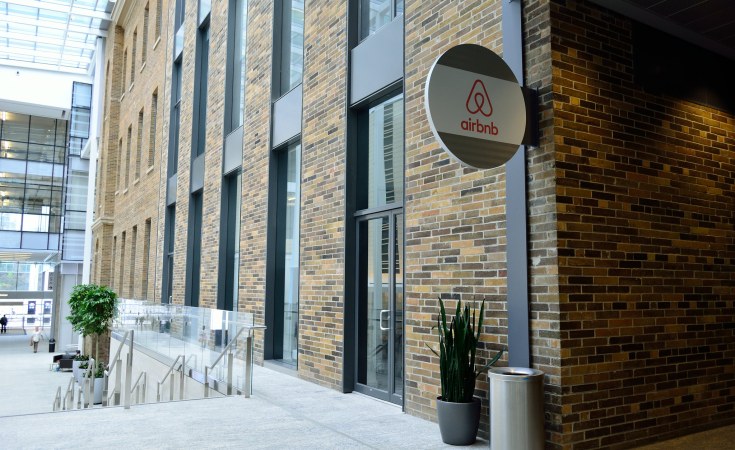Internet accommodation sharing service Airbnb has played down fears that regulation could impact its business in South Africa similar to that experienced by Uber.
Ridesharing service Uber has come under regulatory pressure in South Africa as provincial governments in the Western Cape and Gauteng seek to enforce metered taxi permits on Uber's partner-drivers.
Before the Western Cape government approved 145 metered taxi licences for Uber earlier this month, Cape Town traffic officials impounded over 200 Uber-linked cars for not having the necessary permits.
Reports of intimidation of Uber drivers by metered taxi owners has also occurred outside Gautrain stations in Johannesburg amid the debate over licensing.
A mooted e-hailing law is also in the works and is expected to legalise services like Uber in a separate category. However, in the meantime Uber is seeking to comply with metered taxi laws in the Western Cape and Gauteng.
Airbnb, meanwhile, is known as the "Uber" for accommodation as it allows homeowners to rent out rooms and even entire homes to travellers.
But Airbnb says it has done its homework and doesn't foresee problems in South Africa, where the service is already being used by almost 10 000 homes in the country.
"So far there is nothing that came up that highlights that home sharing is something that we can not do here in South Africa," general manager for Airbnb in Africa and the Middle East, Nicola D'Elia, told Fin24.
"What we really want to show is what is the benefit that Airbnb brings," he said.
D'Elia said that these benefits include bringing tourists to areas that would ordinarily not be catered for by the likes of hotels.
D'Elia's comments on Airbnb's legality in South Africa also come amid the company seeking to ramp up its presence in Africa in future by having a local team on the ground.
D'Elia is currently based in London, he told Fin24.
Airbnb's global regulatory challenges
While Airbnb has given itself the green light to safely do business in South Africa, the company has notably experienced problems in other major cities in the world like New York.
In New York - Airbnb's second largest city - the internet home sharing service has also bumped up against regulation where it is illegal for that city's residents to rent out a property for less than 29 days.
"I think a resolution for me would be modernising the laws they already have on the books to recognise this activity," said Airbnb chief executive officer, Brian Chesky, in Johannesburg on Monday.
"In New York city we're going to be able to generate tens of millions of dollars in hotel tax, but they'd actually have to change the law for us to be able to do that," he said.
Airbnb has experienced similar headaches with regulation in Barcelona, while in Berlin, Airbnb has been blamed for rising rents in that city, according to the Guardian newspaper.
Chesky said that Airbnb had not experienced any reports of violence against the service. D'Elia said safety for guests and homeowners is a key focus for the company.
Guests, for example, have their identities verified while the company also has a "host guarantee" programme that provides protection for up to $1m to a host for damages to covered property.
D'Elia said this host guarantee is also expected to be rolled out in South Africa in coming weeks.
Source: Fin24


